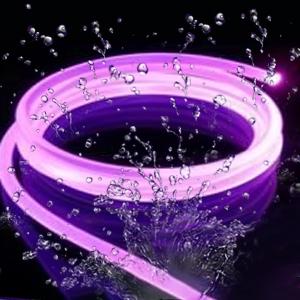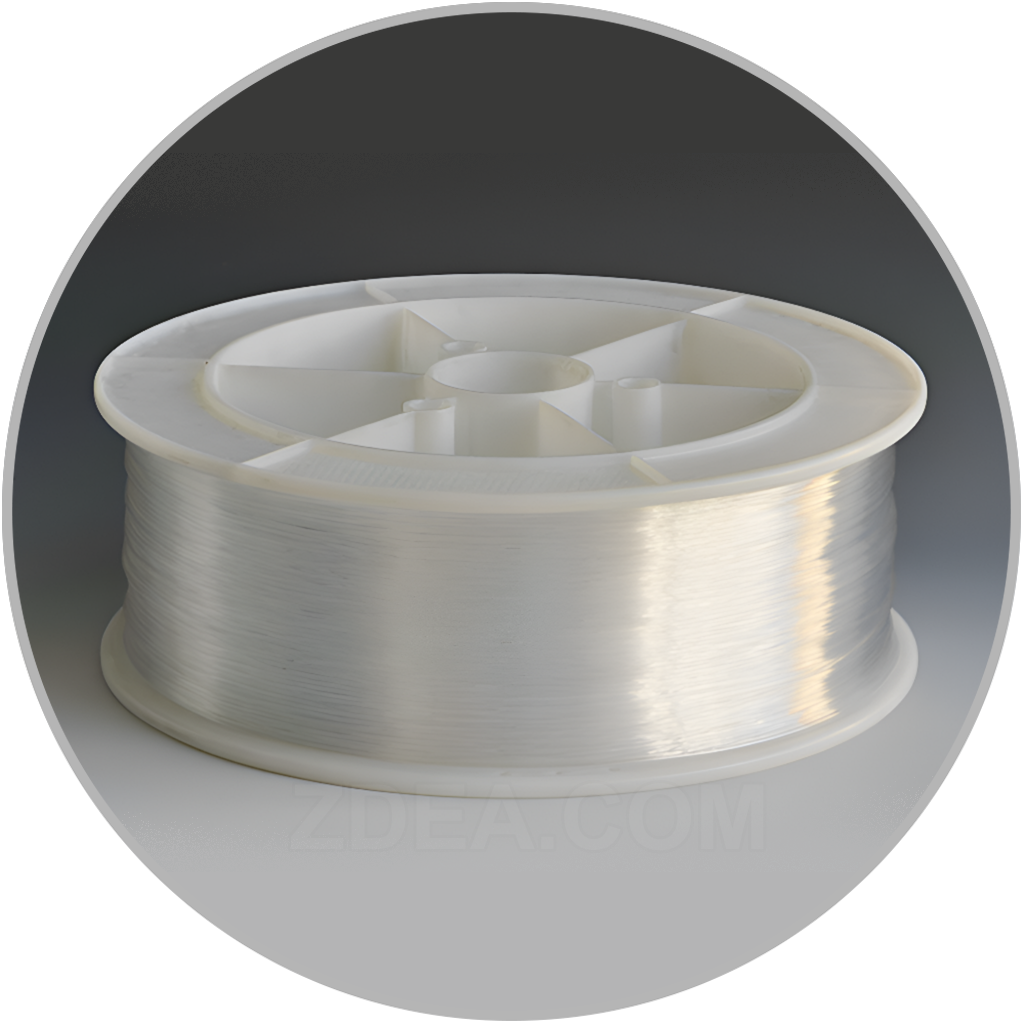The Advantages of PMMA Fiber Optic for Educational Lighting

PMMA fiber optic technology
offers numerous advantages that make it an ideal choice for educational
lighting applications. From enhancing learning environments to promoting energy
efficiency, PMMA fiber optics play a pivotal role in modern educational
institutions.
Enhanced Learning Environments
1. Even and Natural
Lighting: PMMA fiber optics distribute light
evenly without causing glare or harsh shadows, creating a comfortable and
conducive learning environment for students. This even illumination reduces eye
strain and enhances visibility, promoting concentration and academic
performance.
2. Versatile Lighting
Design: Educational facilities can utilize
PMMA fiber optics to design versatile lighting layouts that cater to different
teaching activities and spaces. From classrooms and laboratories to libraries
and auditoriums, PMMA fibers offer flexibility in lighting design that adapts
to varying educational needs.
Energy Efficiency and Sustainability
1. Reduced Energy
Consumption: PMMA fiber optic lighting systems
are highly energy-efficient, consuming less electricity compared to traditional
lighting sources. Educational institutions can significantly lower their
operational costs and carbon footprint by implementing energy-efficient
lighting solutions.
2. Long Lifespan and
Durability: PMMA fibers are durable and
resistant to environmental factors such as moisture and heat, ensuring
longevity with minimal maintenance. This durability reduces replacement
frequency and maintenance costs, making PMMA fiber optic lighting a
cost-effective choice for educational settings.
Safety and Visual Comfort
1. Safe and Low Voltage
Operation: PMMA fiber optic systems operate at
low voltage, minimizing electrical hazards and ensuring safety in educational
environments, particularly around children and students.
2. Optimal Light Quality: The high quality of light transmitted through PMMA fibers promotes
visual comfort and enhances the overall aesthetic appeal of educational spaces.
Students and educators benefit from well-lit environments that support learning
activities and facilitate communication.
Practical Applications in Education
1. Classroom Lighting: PMMA fiber optics can illuminate classrooms with uniform and
glare-free lighting, improving visibility of instructional materials and
enhancing interactive learning experiences.
2. Laboratories and
Workspaces: In laboratory settings, PMMA
fibers provide precise task lighting for experiments and research, ensuring
accurate observations and analysis. The flexible nature of PMMA fibers allows
for tailored lighting solutions that meet specific laboratory requirements.
3. Architectural
Integration: PMMA fiber optics can be
integrated into architectural features of educational buildings, such as
corridors, atriums, and outdoor spaces, enhancing the aesthetic appeal while
providing functional lighting benefits.
Future Perspectives
As educational institutions prioritize sustainability,
energy efficiency, and enhanced learning environments, PMMA fiber optic
technology is expected to play an increasingly significant role. Ongoing
advancements in LED technology and fiber optic materials will continue to
expand the capabilities and applications of PMMA fibers in educational
lighting, supporting the evolving needs of modern schools and universities.
